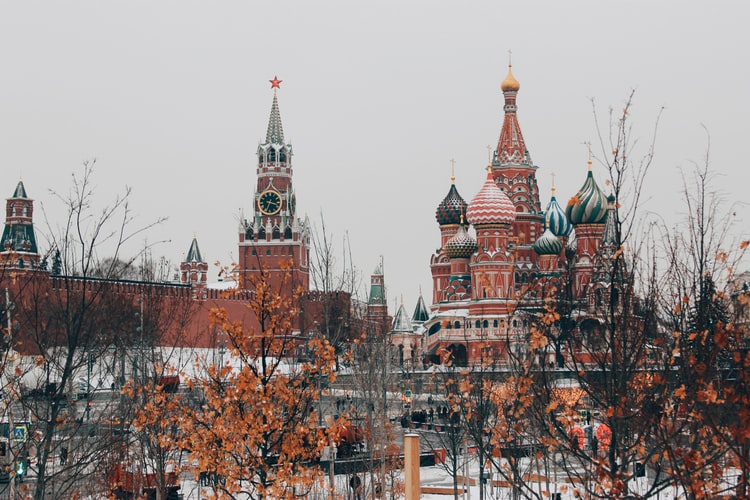
21 Apr Study in Russia
Russia, the superpower offers a number of options for studying, that to at a very competitive cost. Spanning two continents and spread over 17,075,400 kilometers, Russia is the largest country in the world.
Russia is a permanent member of the United Nations Security Council and one of the five recognized nuclear weapons states.It is also the leading nation of the Commonwealth of Independent States, a member of the G8 as well as other international organizations.
The capital of Russia is Moscow is located on the Moskva River, Moscow is also the country’s principal political, economic, financial, educational, and transportation center. It is also the site of the famous Kremlin, which now serves as the ceremonial residence of the President of Russia.
Work Rights For Students
According to Russian law, international students need a special permit to be able to work legally in the country. The permit is only issued to full-time students at state universities, so if you’re on exchange or your school isn’t accredited by the state, sorry, no permit for you.
Even if you are eligible to get one, it’s a complicated bureaucratic procedure and the permit only allows you to work in one professional field specified in the document, and only in the region where the university is located.
Post-study Employment Rights
As soon as you graduate, international students can extend their visa to a work-related one if they secure a job after study.
Having said that, the job vacancies from many employers open up more than a year in advance for students to prepare their applications before graduation. This makes it very convenient for students to secure job in Russia.
Health & Welfare
First aid and emergency medical care is available to foreign citizens in Russia free of charge. In Russia, healthcare is provided by the state and by private companies.
You need a health insurance policy in order to be treated at state hospitals and health centres, including student clinics. Private clinics admit patients without insurance as long as they cover their own expenses.
Flexibility in Courses
Russia has a lot of universities, so you have a wide choice. All you need to do is to choose a programme you like, prepare the documents required, come to Russia, and start studying. You can either study abroad on a commercial basis or for free with the support of the Russian Government, which allocates a certain number of state-funded places for foreign students at universities every year.
Course options in Russia
- MISIS
- MEPhl
- MS
- BBA
- MASc
- BSc
- MIM
- MFin
- MEng
- MA
- MIS
- MArch
- MEM
- MBBS
- MPharm
- BHM
- MFA
